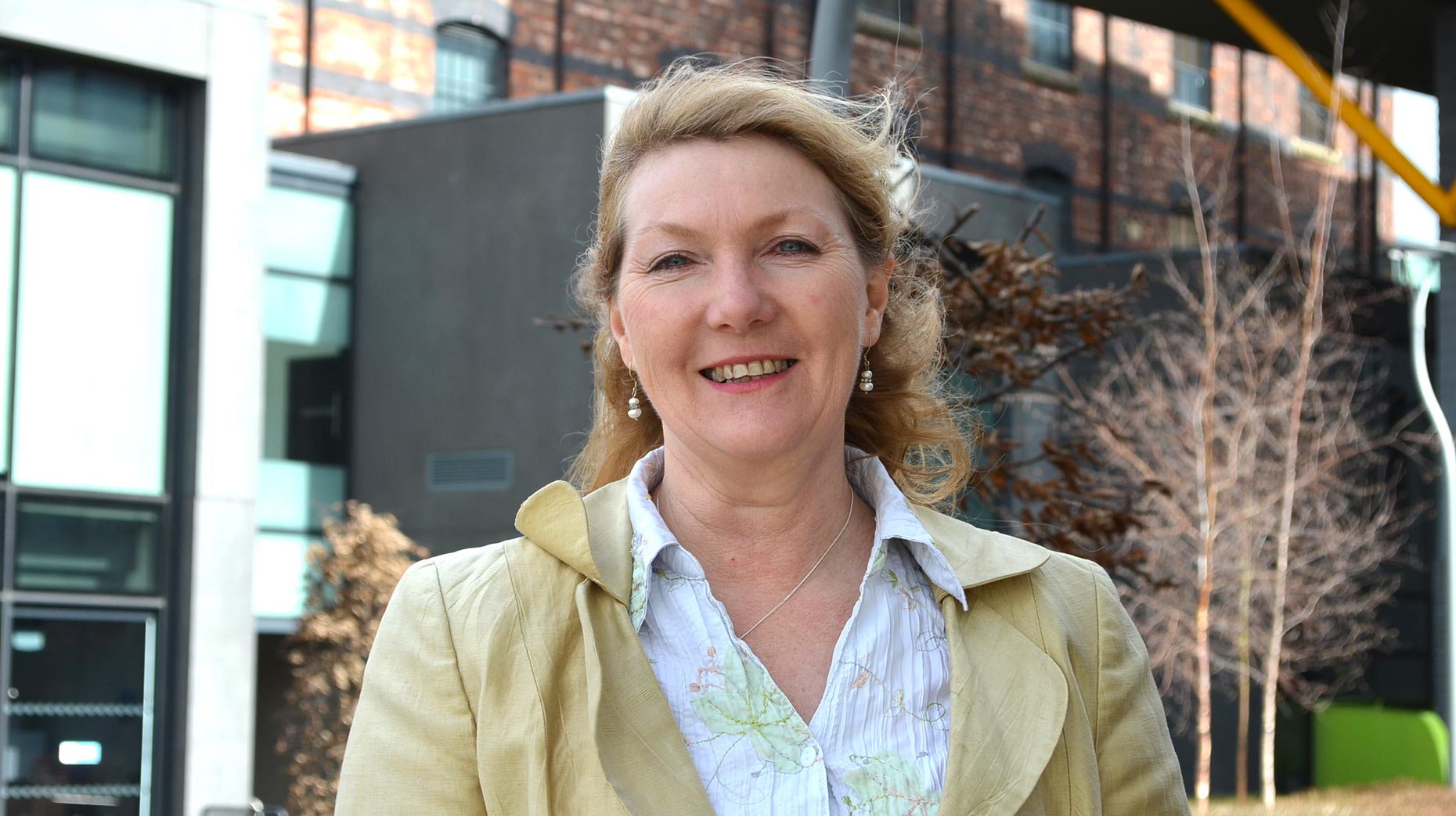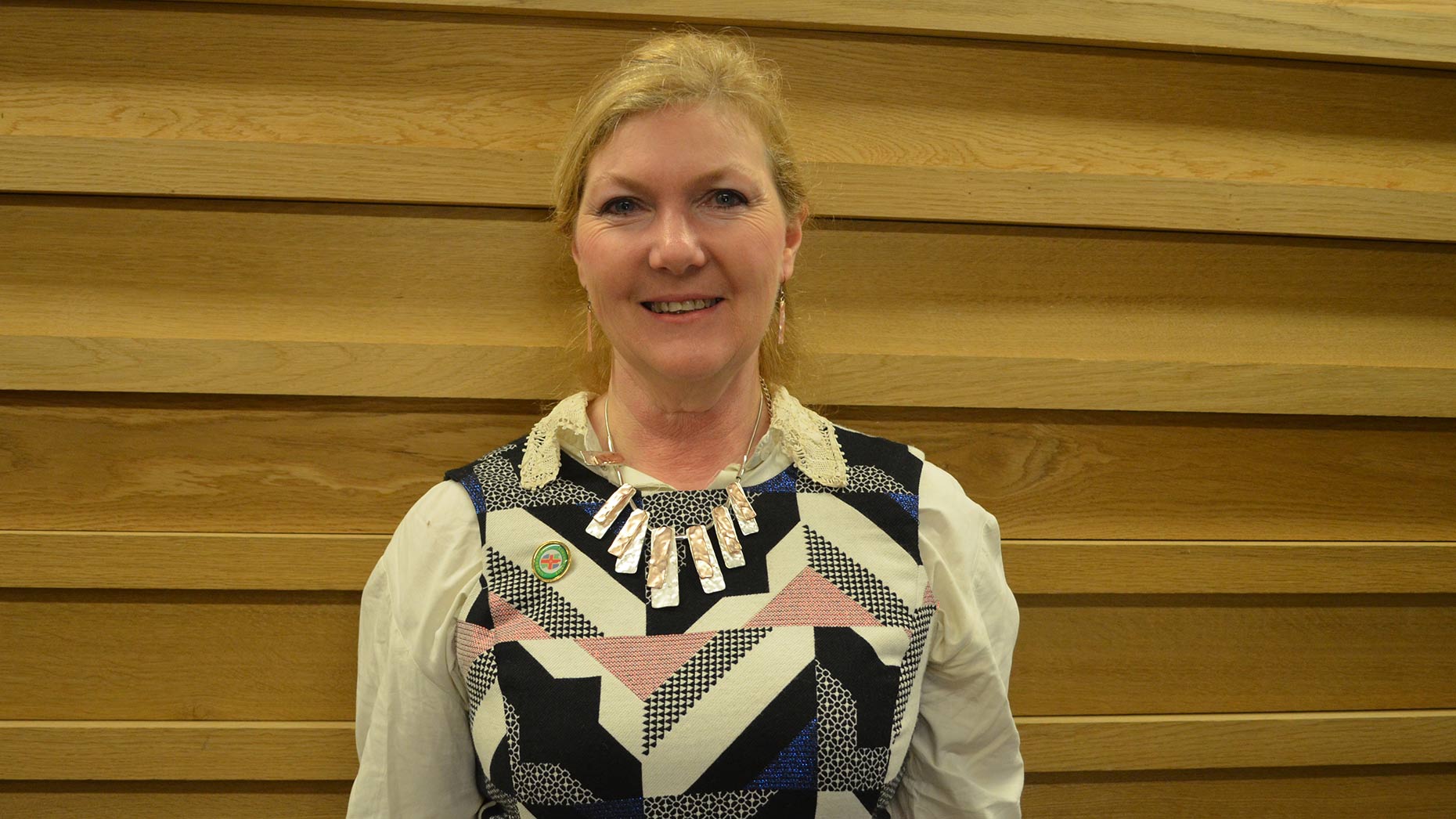Whether unitaries are a good thing or not, the worrying part was the apparent unilateral take-over bid of solvent district and city councils by a cash-strapped county council that has spent most of its reserves and is so broke it cannot see how to make ends meet the multi-million pound shortfall next year.
One (or a few) big authorities would be even less accountable and less answerable to the public. Without the cost of bureaucratic change, any savings could and mainly should be made by sharing services.
For example, having a standard bin service is suggested, but South Holland for one, sees their weekly bin collection system cost effective and popular and are thus in no mood to change it.
Going unitary would force decisions against the will of people in some areas. It would be fairly easy to imagine that damaging closures of local services could similarly be made, further alienating rural populations.
Centralising services makes people in councils less answerable and more distant. Reducing their councillors reduces their voice. The fewer councillors you have, the less you can see them.
There is a limit. Councillors are meant to be part-time and well engaged, in touch with our communities. There comes a point where even the most ardent, hard working councillor is going to struggle.
We do already share benefits across district and county councils; legal services, waste, strategic planning. Indeed nationally sharing services has saved £508m million. So how about our councils sharing a single IT service, human resources, democratic services, housing, giving planning permissions, and chief executive?
Would it prevent buck-passing of responsibility from one council to another? I suspect it would simply become one department blaming another instead. There is anyway no excuse for “buck passing”.
Councils have the power of wellbeing that gives us a duty to consider all aspects that affect our residents. There would still be partners as services have been passed from councils to the private sector, such as buses, academies, home care to name a few.
We may sometimes need a larger authority to hold big global companies to account, and to manage some bigger contracts. For example, the county council built the energy from waste plant, are building the Eastern Bypass and East West Link in Lincoln.
Sometimes we need a smaller more locally-focussed organisation, which listens to residents and works through complex local information, such as the district council deciding planning applications for a new garage or new housing development. There is a certain logic in having more than one size council, who are each good at what they do.
The parish councils are local and at the front line, with powers of their own, and are good at finding ways to support all the other needs a community may have.
I believe the savings of £150 million are unrealistic, unless there is a substantial further reduction in service to the public.
Savings from working more closely together can and should be made, without any bureaucratic change. Is this a back door way of getting the mayor that we voted against?
The real sticking point for closer working seems to be the lack of public trust in the county council leader to manage Lincolnshire in an even-handed way for the good of all, without political bias.
The party system puts control into too few hands. We need people who, like the Lincolnshire Independents, will think, speak and vote independently for people in Lincolnshire, and without taking the national party whip.







